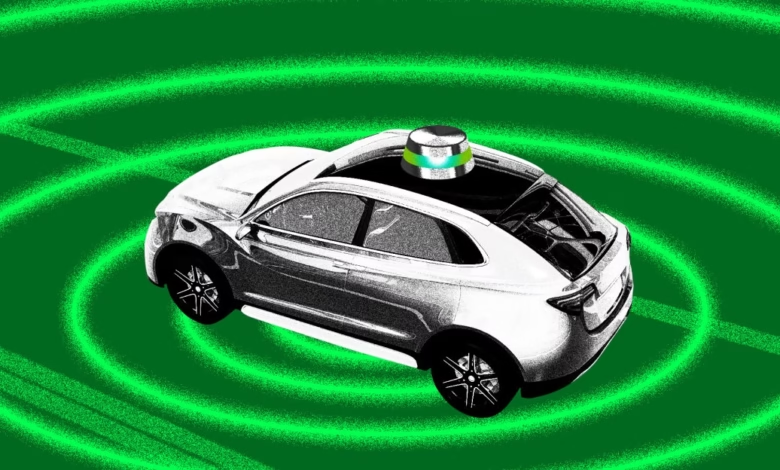USDOT Pushes for More Autonomous Cars Without Pedals or Wheels

▼ Summary
– The US Department of Transportation aims to simplify the approval process for self-driving cars lacking traditional controls like steering wheels and pedals.
– The National Highway Traffic Safety Administration (NHTSA) will now review exemption requests in “months rather than years,” addressing previous delays.
– Only Nuro has received an exemption so far, for its low-speed delivery robots, while GM abandoned its exemption request after two years.
– The Biden administration previously introduced a streamlined “exemption pathway” for autonomous vehicles in exchange for more data transparency.
– NHTSA emphasizes the need for greater transparency from companies to build public trust in autonomous vehicle technology.
The US Department of Transportation is accelerating efforts to pave the way for autonomous vehicles that eliminate traditional controls like steering wheels and pedals. In a recent communication with industry stakeholders, the agency announced plans to simplify the review process for exemptions from safety regulations that currently mandate these features. This move aims to remove barriers for manufacturers developing next-generation self-driving cars designed without conventional driver interfaces.
Under existing rules, the National Highway Traffic Safety Administration (NHTSA) can grant exemptions for up to 2,500 vehicles per automaker. However, lengthy approval timelines, sometimes stretching years, have frustrated companies eager to bring innovative designs to market. Transportation Secretary Sean Duffy emphasized that the updated approach will slash processing times to “months rather than years,” calling previous delays an unnecessary hurdle for technological progress.
Manufacturers seeking to produce autonomous vehicles without manual controls must apply for exemptions from the Federal Motor Vehicle Safety Standards (FMVSS), which outline baseline requirements for road-legal vehicles. So far, only Nuro has secured approval for its compact, human-free delivery robots. Other attempts, like General Motors’ multi-year bid for its Cruise driverless taxis, ended unsuccessfully before the automaker halted funding for the project.
This initiative builds on earlier steps by federal regulators to encourage autonomous vehicle development. Last year, the Biden administration introduced a more efficient exemption framework for vehicles equipped with advanced self-driving systems. In return, NHTSA pushed for increased data sharing from operators to enhance transparency and build public confidence in the safety of driverless technology.
By relaxing certain requirements, officials hope to strike a balance between innovation and safety while keeping the US competitive in the global race toward fully autonomous transportation. The streamlined process could unlock new possibilities for vehicle designs tailored exclusively for AI-driven operation, marking a significant shift in how regulators approach the future of mobility.
(Source: The Verge)


